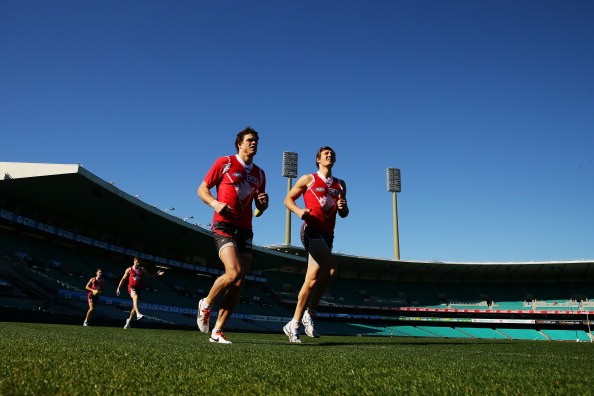
Exercise and physical activity during leisure time has been linked to a reduced risk of developing alcoholism. Being physically active was found to be associated with 30% to 40% less of a risk of having a problem with alcohol then couch potatoes. Active people were less like to need hospitalization or treatment for an alcohol use disorder than people who were couch potatoes.
The finding is important because it is based on a large group of adults who were enrolled in the study and who were then followed for an average of 20 years. The study was conducted in Denmark and used data from the Copenhagen City Heart Study. A total of 18,359 people participated in the heart study and answered four surveys, which were sent each decade from the 1970s to the 2000s.
Participants were questioned about their leisure-time activity and were divided into three groups based on activity levels. More than 4 hours a week was considered high activity, low activity was 2 to 4 hours per week, and the last group was the sedentary group. About half the Danish people reported high levels of activity through the study, with only 10% of people saying they were sedentary in 2001.
These responses were then linked to national patient registries in Denmark of all people who received outpatient or hospital treatment for an alcohol use disorder. By 2011, about 4% of the participants in the original group had been diagnosed with an alcohol problem. People who said they had low or high levels of activity had about the same risk for alcohol problems, but the people in the sedentary group had a higher risk.
This study found an association between physical activity and a lower risk of alcohol problems, but it did not show that exercise directly protected against alcoholism or that being sedentary directly increased the risk. It is known that being physically active has a protective effect against other psychiatric problems, however.
The study was published in the journal Alcohol and Alcoholism.



